Eye-Opening Discovery! Fasting for 72 Hours and Beyond – Different Intermittent Fasting Durations and Stages.
Different Intermittent Fasting Durations and Stages:. Explore the interesting world of intermittent fasting with our latest blog post, “Eye-Opening Discovery!” Different Intermittent Fasting Durations and Stages: 12 to 72 Hours and Beyond. This detailed guide lays down the stages of fasting, beginning with the initial 12-hour mark, which is common during a normal overnight fast, and progressing to the extended advantages found beyond 72 hours.
We’ll look at what happens to your body during each stage, including changes in metabolism, hormone levels, and cellular repair mechanisms. Whether you’re interested in shorter daily fasts or longer periodic fasts, this article will give you valuable insights into how varied fasting lengths might affect your health and wellbeing. Join us to learn about the profound impacts of different fasting lengths and how to safely and successfully incorporate them into your lifestyle.
Table of Contents

Different Intermittent Fasting Durations and Stages.
In the initial phase of fasting, your body begins to shift its energy source from carbohydrates to stored fat.
After 12 Hours of Fasting: HGH Increases
The 12-hour mark of fasting represents a critical turning point where the body’s physiological response undergoes a significant change, especially regarding the Human Growth Hormone (HGH).
Understanding HGH (Human Growth Hormone)
The pituitary gland produces HGH. It’s essential for growth, cell regeneration, and cell reproduction. Here’s what happens with HGH during fasting:
- Increase in Production: After approximately 12 hours without food, the body may begin to increase the secretion of HGH.
- Promotion of Muscle Growth: HGH stimulates muscle growth and increases the strength of bones. During fasting, an increase in HGH can help in preserving lean muscle mass.
- Enhanced Fat Utilization: HGH helps in the breakdown of fats and may promote a shift from using glucose to fats as an energy source. This change helps in weight management and improves metabolic efficiency.
- Anti-Aging Effects: Some studies have suggested that HGH has anti-aging properties, which might contribute to increased vitality and youthful appearance.
Clinical Insights
In my medical practice, I have observed the positive effects of fasting on the HGH levels in various patients:
- Metabolic Health: The increase in HGH may support overall metabolic health, providing benefits to those looking to optimize body composition.
- Recovery and Healing: Some patients undergoing rehabilitation or physical therapy may benefit from the effects of HGH on tissue repair and healing.
Beyond 12 Hours of Fasting: Deepening Cellular Response
After 18 Hours: Autophagy Starts
The beginning of autophagy is primarily what makes the 18-hour mark of fasting a significant milestone in the process. Let’s explore this essential physiological mechanism from a medical standpoint.
Understanding Autophagy
Autophagy, derived from Greek words meaning “self-eating,” is the body’s way of cleaning out damaged cells to regenerate newer, healthier ones.
- Cellular Recycling: During autophagy, cells break down proteins and other cell components and use them for energy and repair.
- Removal of Damaged Components: Autophagy helps in the removal of damaged organelles and proteins, maintaining the integrity of cellular function.
- Anti-Aging Benefits: By recycling cellular components, autophagy may contribute to anti-aging effects and enhance overall cell function.
Clinical Insights into Autophagy
From a clinical perspective, the initiation of autophagy is associated with several potential therapeutic benefits:
- Disease Prevention: Autophagy plays a crucial role in preventing and potentially treating various diseases, including neurodegenerative disorders like Parkinson’s and Alzheimer’s, and some forms of cancer.
- Improved Immune Function: By eliminating damaged cellular components, autophagy supports immune function and can aid in fighting infections.
- Enhanced Metabolic Health: Autophagy may improve insulin sensitivity and overall metabolic health, contributing to the management of obesity and diabetes.
Personal Observations
In my practice, I have guided patients through fasting protocols where autophagy is one of the desired outcomes. Here are some observations:
- Improved Vitality: Some patients have reported increased energy and vitality, potentially linked to the rejuvenating effects of autophagy.
- Skin Health: Improved skin appearance and texture may also be a result of autophagy’s ability to remove damaged cells.
At 24 Hours of Fasting: Multiple Benefits Unfold
Reaching the 24-hour mark in fasting ushers in a stage where multiple benefits can unfold, reflecting the body’s adaptation to an extended absence of food intake. As a medical professional, I’ll delve into the processes that occur at this juncture.
Increases Ketones
- Ketone Production: At 24 hours, the liver increases the production of ketones, small energy molecules that the body uses as fuel, particularly when glucose is in short supply.
- Energy Source: Ketones serve as an alternative energy source for the brain, heart, and muscles, maintaining energy levels during fasting.
- Anti-Inflammatory Properties: Ketones have been shown to possess anti-inflammatory effects, potentially reducing systemic inflammation.
Gut Healing
- Digestive Rest: Fasting gives the digestive system a break, which can support the healing of the gut lining.
- Microbiome Balance: Some research suggests that fasting may help balance the gut microbiome, promoting a healthier digestive environment.
Improves Heart and Brain Functions
- Heart Health: Fasting may improve heart health by reducing blood pressure, cholesterol levels, and other cardiovascular risk factors.
- Brain Health: By increasing ketone levels, fasting may support brain function, potentially enhancing cognitive clarity and focus.
Clinical Insights and Personal Observations
In my practice, the 24-hour fasting mark has been a target for many individuals seeking various health benefits.
- Metabolic Benefits: Several patients have reported improvements in blood sugar control and weight management.
- Cognitive Clarity: Some individuals have noticed increased mental clarity and focus, possibly linked to higher ketone levels.
- Digestive Comfort: I’ve observed improvements in digestive health in those who were experiencing gut-related issues prior to fasting.
After 24 Hours of Fasting: Protein Sparing and Detoxing Process
Reaching beyond the 24-hour mark in a fasting period introduces two vital physiological processes: protein sparing and detoxification. Here’s an in-depth look at both of these mechanisms from a medical perspective.
Protein Sparing
- What Is Protein Sparing? Protein sparing refers to the body’s shift from using proteins for energy to utilizing stored fat. This process helps to preserve muscle mass and essential proteins needed for vital body functions.
- How It Works: After 24 hours of fasting, as glycogen stores are depleted, the body ramps up fat metabolism. By breaking down fat for energy, the body spares protein, thus preserving muscle tissue.
- Importance in Fasting: Protein sparing is a crucial aspect of extended fasting, allowing for fat loss without substantial muscle degradation. It’s a finely tuned process that ensures that proteins are used where needed most, rather than as a primary energy source.
Detoxing Process
- Natural Detoxification: Fasting enables the body’s inherent detoxification processes. Organs like the liver, kidneys, and skin are involved in eliminating toxins from the body.
- Enhanced Function: The detoxing process may be enhanced during fasting as the body focuses energy on removing waste products and repairing cells. This process includes breaking down and excreting damaged cells and toxins.
- Connection to Autophagy: Detoxification is closely related to autophagy, where cells clean out damaged components. Together, they contribute to cellular cleansing and rejuvenation.
Clinical Insights and Personal Observations
- Weight Management: Protein sparing ensures that weight loss during fasting is primarily from fat rather than muscle, contributing to more sustainable and healthy weight management.
- Enhanced Well-Being: Many patients have reported a feeling of lightness and clarity, possibly related to the detoxification process. This may manifest as improved skin, clearer thinking, and a general sense of well-being.
- Muscle Preservation: Those engaging in fasting for athletic or body composition goals often find the protein-sparing effect beneficial in maintaining muscle mass.
At 48 Hours of Fasting: Stem Cell Generation and Anti-Aging
At the 48-hour mark of fasting, the body enters a phase where remarkable processes like stem cell generation and anti-aging mechanisms come into play. These complex biological responses are some of the reasons why extended fasting has attracted interest in both the medical community and those seeking optimal health.
Stem Cell Generation
- What Are Stem Cells? Stem cells are unique cells that have the potential to become any cell type in the body. They play a vital role in repair, regeneration, and maintaining tissue health.
- Stem Cell Activation during Fasting: At around 48 hours of fasting, there is evidence to suggest an increase in the production and activation of stem cells, particularly in the gastrointestinal tract.
- Regenerative Potential: This generation of stem cells may contribute to tissue repair and regeneration, possibly aiding in the healing of damaged areas in the body.
- Research Insights: Emerging research indicates that stem cell activation during fasting might be linked to longevity and improved health span, though more studies are needed to fully understand these connections.
Anti-Aging Mechanisms
- Cellular Repair and Rejuvenation: The body’s focus on repair and rejuvenation during fasting, including the aforementioned stem cell activation and autophagy, contributes to anti-aging effects.
- Improvement of Biological Markers: Extended fasting may lead to improvements in various biological markers associated with aging, such as inflammation reduction, an improved metabolic profile, and enhanced cellular function.
- Connection to Longevity: Some research suggests that the mechanisms activated during extended fasting, including stem cell generation, may have a positive impact on longevity and the prevention of age-related diseases.
Clinical Insights and Personal Observations
- Tissue Healing: In my practice, patients who have engaged in supervised extended fasting have sometimes reported accelerated healing of minor injuries and improvements in chronic conditions.
- Enhanced Vitality: Many individuals experience a sense of rejuvenation and vitality after extended fasting, possibly related to the activation of stem cells and other repair mechanisms.
- Skin Improvements: The anti-aging effects may also manifest externally, with some reporting improvements in skin texture and appearance, perhaps reflecting the body’s internal renewing processes.
At 72 Hours of Fasting: More Stem Cells and Immune Boost
Reaching the 72-hour point in fasting, an individual might experience even more profound physiological transformations. Among these are further enhancements in stem cell generation and a significant boost in immune function. Let’s explore these phenomena as observed from a professional medical viewpoint.
More Stem Cells Generation
- Continued Activation: As the fasting period extends to 72 hours, the activation and generation of stem cells may continue, reaching higher levels.
- Wider Impact: While the initial increase in stem cells during a 48-hour fast often focuses on the gastrointestinal tract, a 72-hour fast might broaden this effect, influencing other tissues and organs.
- Potential Therapeutic Applications: The generation of stem cells during extended fasting offers promising avenues for regenerative medicine, including healing damaged tissues and organs.
Immune Boost
- Rejuvenation of Immune Cells: Research has shown that a 72-hour fast can trigger the regeneration of immune cells, effectively “resetting” some aspects of the immune system.
- Removal of Defective Immune Cells: Through autophagy, the body eliminates old and dysfunctional immune cells, making way for new, functional ones.
- Enhanced Defense Mechanisms: This immune system “reset” can lead to enhanced defense against infections and improved overall immune responsiveness.
Clinical Insights and Personal Observations
- Healthier Immune Response: Patients who have undertaken medically supervised 72-hour fasts have sometimes reported fewer incidences of common illnesses, such as colds and flu, reflecting a more robust immune system.
- Chronic Conditions Improvement: Some individuals with chronic inflammatory conditions have noted symptom relief after extended fasting, possibly due to the immune system’s recalibration.
- Increased Energy and Vitality: The combined effect of stem cell activation and immune system rejuvenation may contribute to a general sense of well-being and vitality, often reported after the completion of a 72-hour fast.
After 72 Hours of Fasting: Proceed with Caution
Fasting beyond the 72-hour mark is a serious undertaking that moves into a territory where both potential benefits and risks need to be carefully considered. The physiological changes that occur after this point can be complex, and while there may be continued effects related to the processes mentioned earlier, there are also concerns that arise with such prolonged fasting. Here’s what you need to know:
Potential Benefits Continuing
- Extended Stem Cell Activation: The generation and activation of stem cells may continue beyond 72 hours, possibly enhancing regenerative capabilities further.
- Sustained Immune Modulation: The immune system’s rejuvenation may continue, offering extended immunological benefits.
Potential Risks and Considerations
- Nutritional Deficiencies: Extended fasting can lead to deficiencies in essential vitamins, minerals, and other nutrients, potentially impacting various bodily functions.
- Metabolic Imbalances: Prolonged fasting might cause imbalances in electrolytes and other metabolic parameters, leading to potentially serious health issues.
- Muscle Loss: While the body initially spares protein, excessive fasting may eventually lead to muscle breakdown, negatively impacting overall health and body composition.
- Individual Vulnerabilities: People with certain health conditions or those taking specific medications may face heightened risks with extended fasting, even if they have tolerated shorter fasts well.
Clinical Insights and Personal Observations
- Cautious Approach: In my practice, fasting beyond 72 hours is approached with extreme caution and is typically reserved for specific therapeutic contexts under close medical supervision.
- Monitoring is Essential: Continuous monitoring of vital signs, metabolic parameters, and overall well-being is essential in extended fasting to detect and manage any emerging issues promptly.
- Varied Responses: Responses to such extended fasting can vary widely among individuals, underscoring the need for a personalized and cautious approach.
Conclusion
Fasting, as we’ve explored, is more than a mere absence of food; it’s a dynamic process that activates a series of complex physiological responses, each with its unique benefits and considerations. From the initial increase in HGH to the intriguing world of stem cells and immune modulation, fasting offers a window into the body’s inherent ability to heal, regenerate, and optimize itself.
However, as our detailed examination has revealed, fasting is not a one-size-fits-all practice. The intricate interplay of biological mechanisms underscores the importance of approaching fasting with knowledge, respect, and caution. Each stage of fasting, from 12 hours to beyond 72 hours, brings its own set of effects and potential risks.
Whether for health optimization, therapeutic purposes, or personal exploration, fasting should ideally be undertaken with the guidance of healthcare professionals who can tailor the experience to individual needs and health conditions. In my practice, I’ve seen firsthand the transformative potential of fasting, as well as the need for personalised, careful management.
In closing, fasting is a profound journey into the body’s inner workings, offering opportunities for growth, healing, and understanding. May this guide serve as a valuable resource for those curious about this ancient practice’s modern implications, shedding light on the delicate balance between science, tradition, and individual well-being.
Frequently Asked Question
What are the 5 stages of autophagy?
u003cstrongu003eInitiation:u003c/strongu003e Signaling pathways activate autophagy in response to cellular stress.u003cbru003eu003cstrongu003eNucleation:u003c/strongu003e Formation of autophagosomes begins.u003cbru003eu003cstrongu003eElongation:u003c/strongu003e Autophagosomes develop and enclose damaged cellular components.u003cbru003eu003cstrongu003eMaturation:u003c/strongu003e Autophagosomes fuse with lysosomes.u003cbru003eu003cstrongu003eDegradation:u003c/strongu003e Enclosed material is degraded and recycled.
What happens to your body at different stages of fasting?
u003cstrongu003e0-12 hours:u003c/strongu003e Normal fed state, using glucose as the primary energy source.u003cbru003eu003cstrongu003e12-24 hours:u003c/strongu003e Transition to ketosis, glycogen stores deplete, and the body begins to break down fat for energy.u003cbru003eu003cstrongu003e24-48 hours:u003c/strongu003e Deep ketosis, increased fat burning, and beginning of significant autophagy.u003cbru003eu003cstrongu003e48-72 hours:u003c/strongu003e Enhanced autophagy, immune cell regeneration, and hormonal reset.u003cbru003e24-72 hours: Ketosis deepens, autophagy increases, and hormone levels adjust.
Can a 72-hour fast reset your body?
es, a 72-hour fast can help reset immune function and improve metabolic health through hormonal adjustments and autophagy.
What is the hardest stage of fasting?
The first 24 hours are often the hardest due to hunger pangs, mood fluctuations, and adapting to ketosis.
What stage of fasting burns the most fat?
After 24 hours, as the body enters deeper ketosis, fat burning increases significantly.
Does autophagy continue after 72 hours of fasting?
Yes, autophagy can continue beyond 72 hours, but the rate may stabilize or slightly decrease as the body prioritizes essential functions.
Is it better to fast 48 or 72 hours?
Choosing between a 48-hour and a 72-hour fast depends on individual goals and health conditions. A 48-hour fast may be sufficient for significant health benefits with fewer challenges, while 72 hours can enhance those benefits, particularly in terms of autophagy and immune system reset.

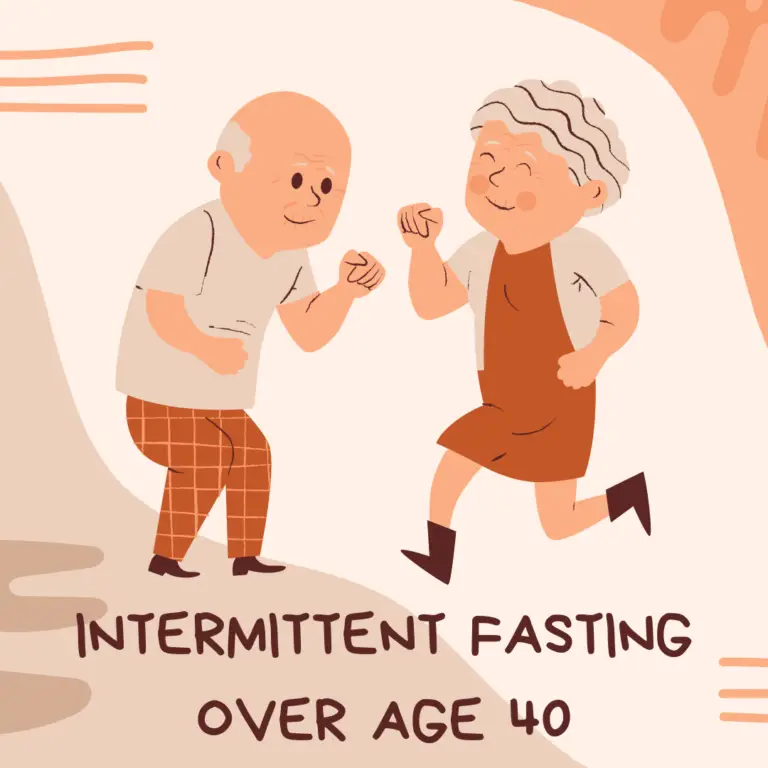
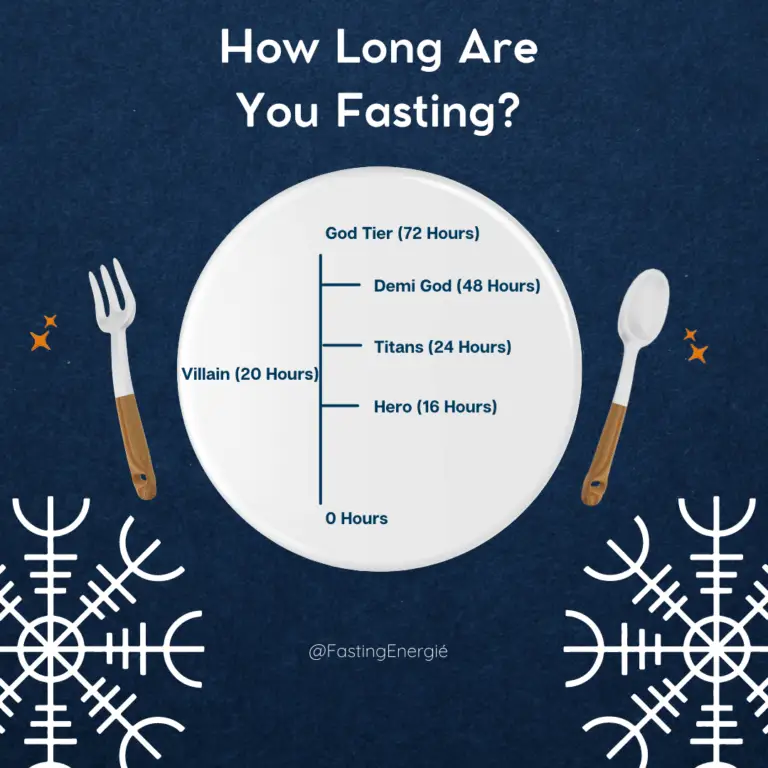

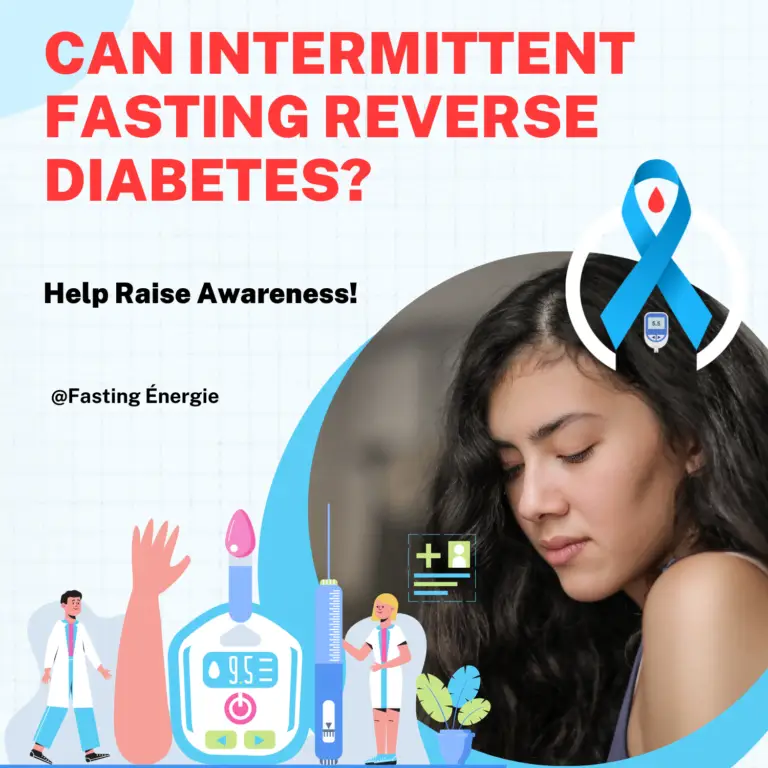

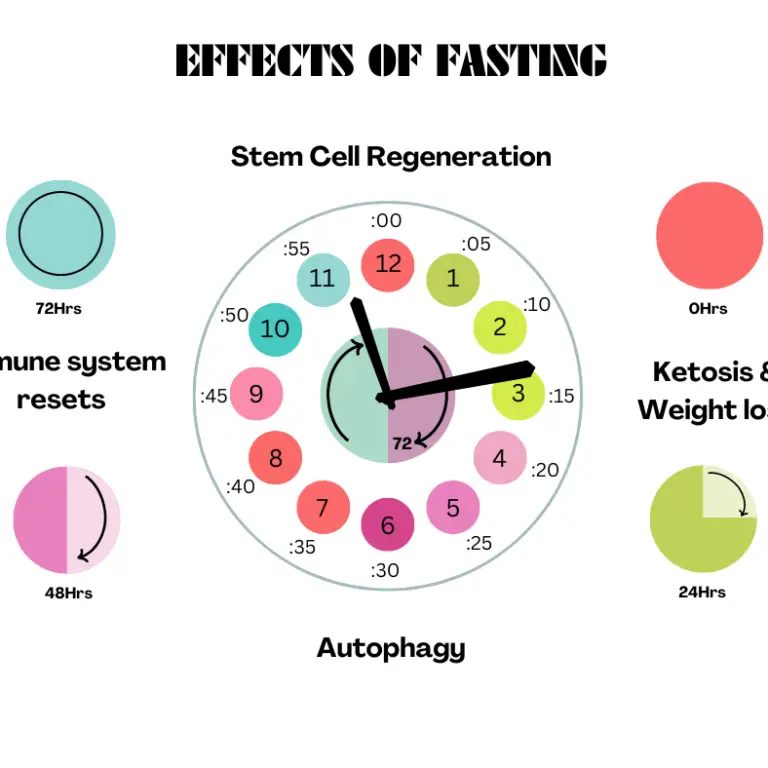
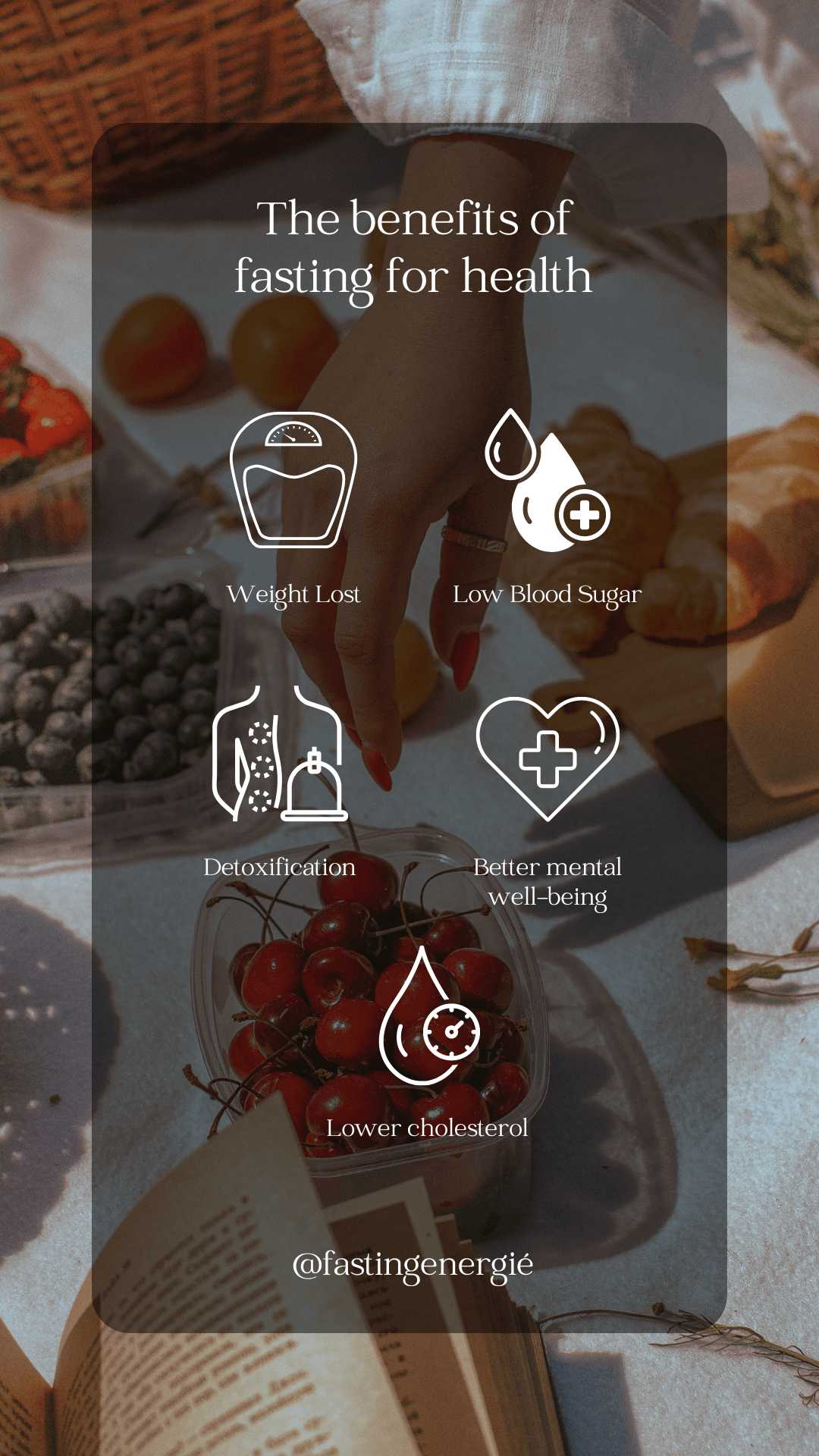
hey there and thank you for your info – I have
definitely picked up something new from right here.
I did however expertise some technical issues using this site, since I experienced to reload the site lots of times previous to I
could get it to load correctly. I had been wondering if your
hosting is OK? Not that I am complaining, but slow loading instances times will sometimes affect your placement in google and
can damage your quality score if advertising and marketing with Adwords.
Anyway I’m adding this RSS to my e-mail and could look out for a lot more of your respective fascinating content.
Make sure you update this again very soon.. Lista escape room
Thank you for bringing this to my attention and for your kind words about the content! I apologize for the technical issues you’ve encountered. We are currently working to improve the site’s loading times to ensure a smoother experience for all our visitors. Your feedback is incredibly helpful, and we aim to resolve these issues promptly.
Also, thank you for subscribing to our RSS feed! We’re excited to keep providing you with fascinating content. Stay tuned for updates, and feel free to reach out if you encounter any more issues or have any suggestions. Your experience on our site is a top priority.
Hi there, always i used to check website posts here in the early hours
in the break of day, because i like to learn more and more.!